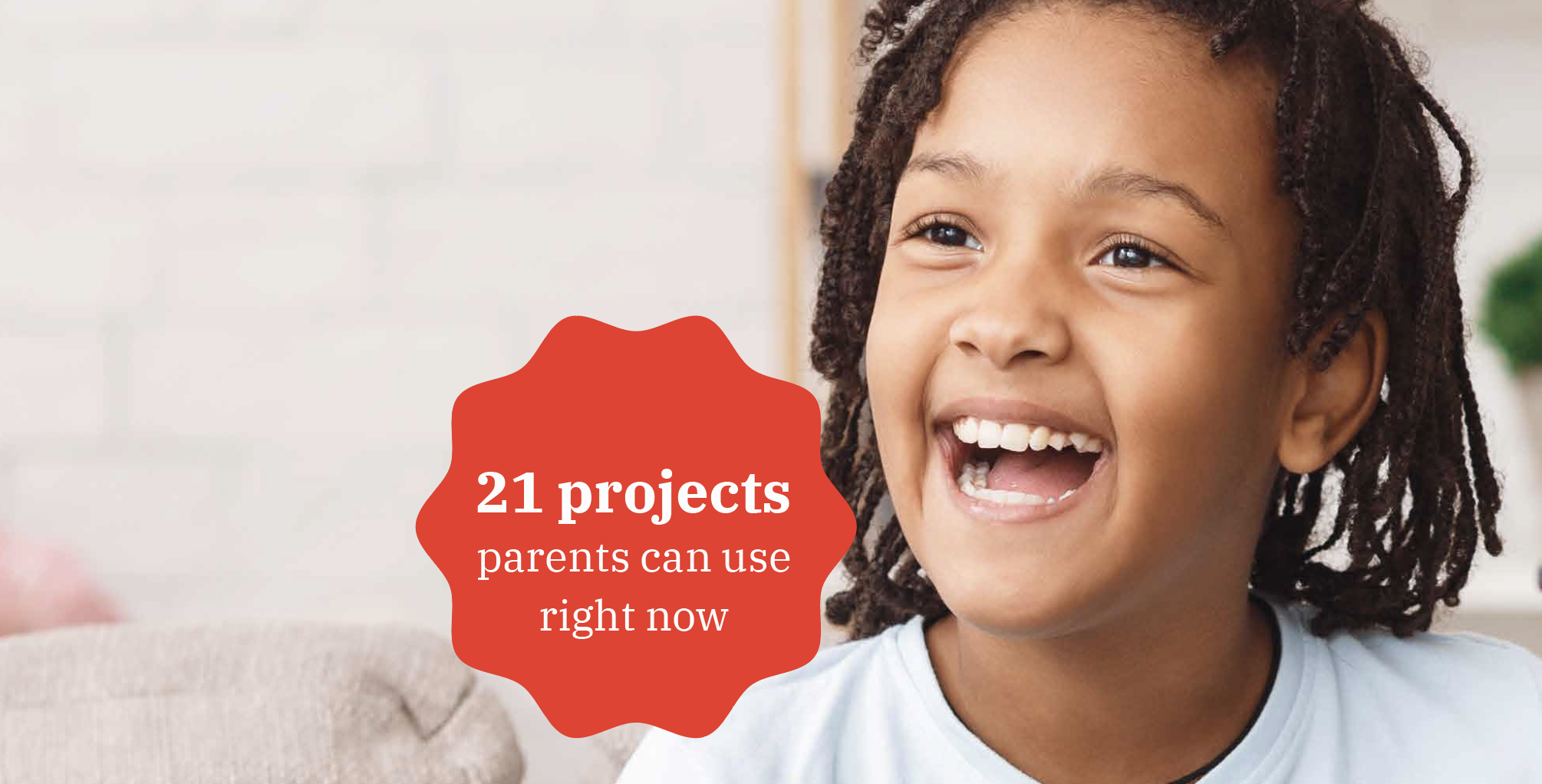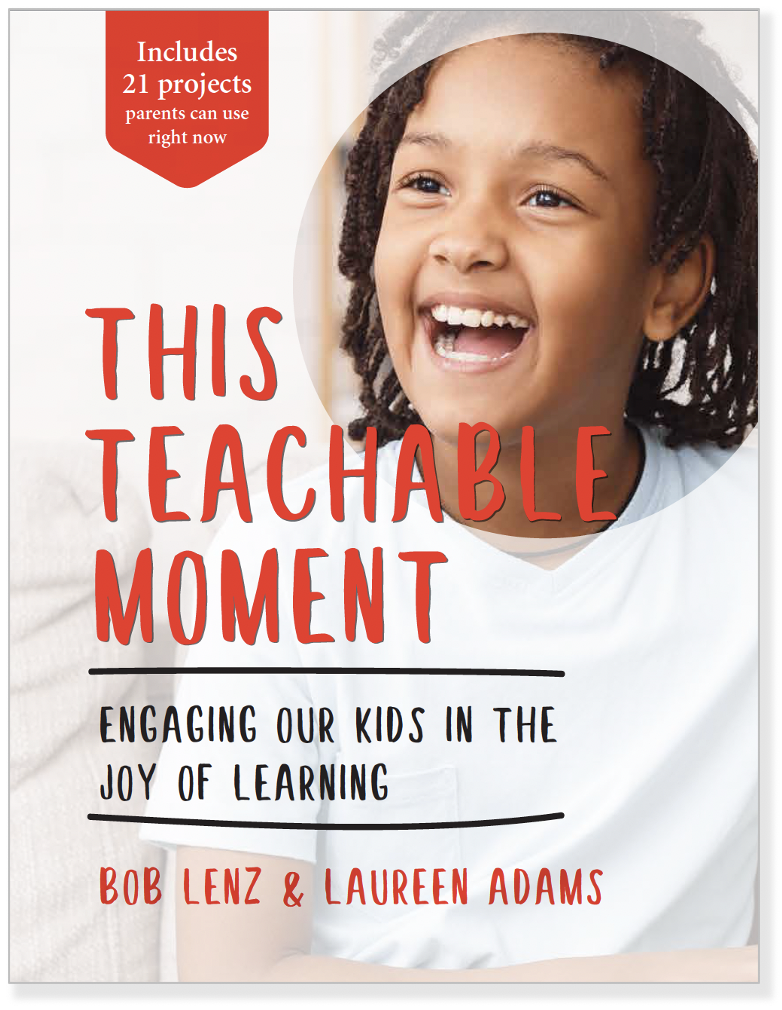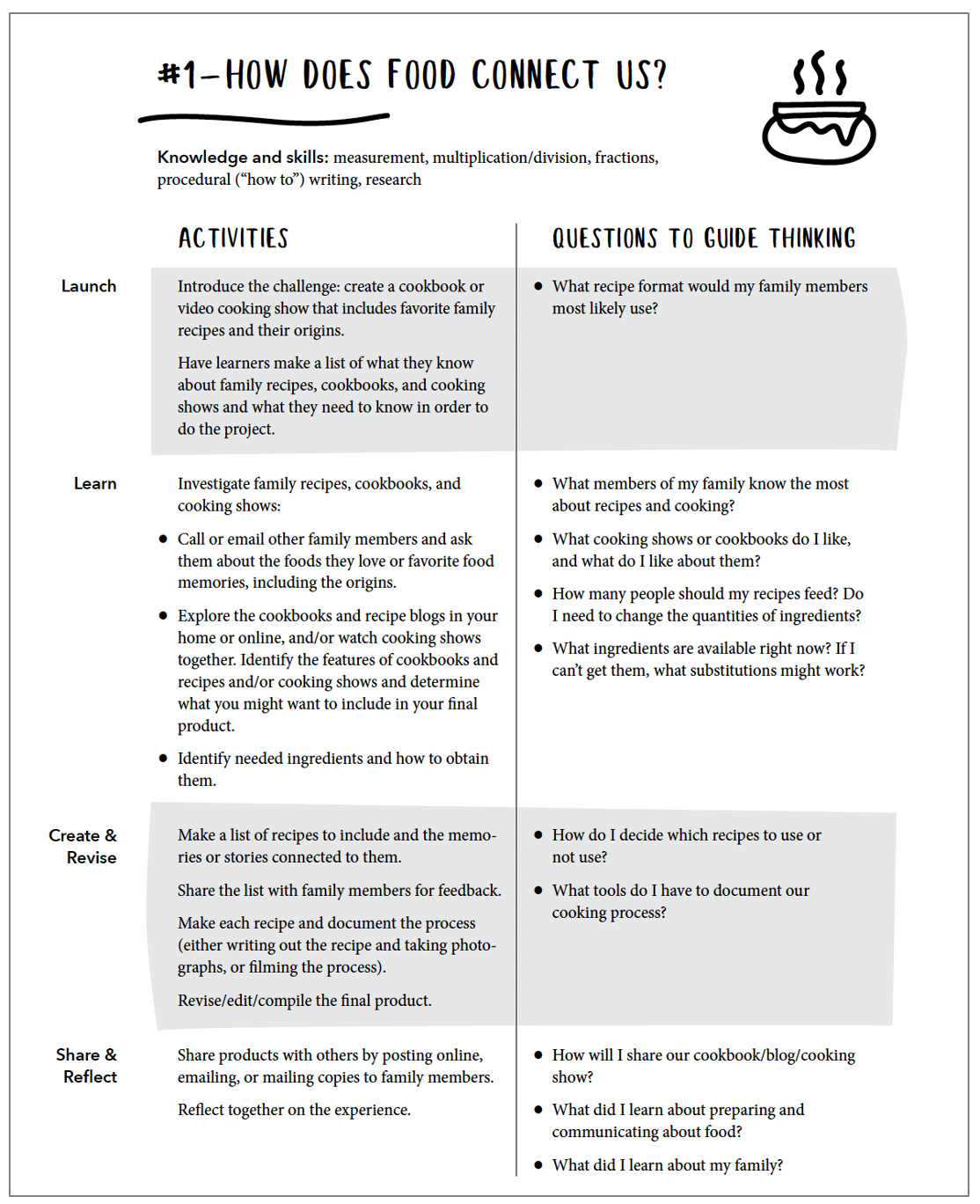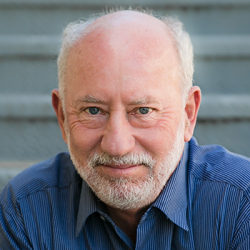
Parents and caregivers need help in these times.
The children have been stuck at home for months. If their school was able to manage remote teaching… If their household had adequate internet access and technology… If their parents and caregivers had the time and capability to manage home learning… If they were able to work well independently… Then, students may have been able to successfully continue their education. If the work they were assigned was meaningful and engaging, they may even have enjoyed learning from home.
Those are all pretty big “ifs.”
Instead, many students may have “virtually dropped out” of school for a while. For those that hung in there, parents and caregivers may have noticed the instruction their children were getting did not engage them or teach them very much of value. And now, faced with a long summer and the likelihood that school will look very different in the fall, families are wondering how they can support children in doing more meaningful learning at home.
Think of it this way: every parent and caregiver is a homeschooler now. But it’s not an easy role to play.
At PBLWorks, we know what a big part of the solution is. Now more than ever, this is the time for Project Based Learning.
To help meet the needs of families, we’ve created a free resource.
 Last week we launched a new eBook, This Teachable Moment: Engaging Our Kids in the Joy of Learning. It’s already been downloaded 3500 times from our website. It’s also available as a Kindle book on Amazon for 99 cents.
Last week we launched a new eBook, This Teachable Moment: Engaging Our Kids in the Joy of Learning. It’s already been downloaded 3500 times from our website. It’s also available as a Kindle book on Amazon for 99 cents.
The authors are PBLWorks CEO Bob Lenz and curriculum manager Laureen Adams, and John Larmer was its editor. It features a brief overview of the what and why of PBL, followed by a set of 21 K-12 projects that can be done at home.
The 21 projects build important knowledge and skills and meet the six criteria for High Quality PBL. Importantly, young people will find them interesting, even fun. They can be done with technology or without it. And they can be done by families working together or by learners working independently with minimal supervision, depending on their age and capability.
The projects were designed by Laureen, with input from curriculum team members Sarah Field and Gina Olabuenaga, and they’re pretty cool. Each one comes with step-by-step directions, questions to guide the process, and suggestions for sharing the products students create with others.
Here’s a sampling of the projects:
- How does food connect us? Learners create a cookbook or video cooking show that includes family recipes and their origins.
- How can we use data to reduce our family’s impact on the environment? Learners analyze their family’s use of water, electricity, or gasoline and production of garbage and food waste, then create a plan for reducing it.
- How can we document our current reality with images? Learners study memoirs and documentation from past historical moments, interview people they know, and decide as photojournalists what images would best capture the experiences of their household.
- How can we demonstrate solidarity with others? Learners find out how a community in another part of the country or world is fighting an injustice, then create an action plan to help.

In June we did webinars about This Teachable Moment for parents and caregivers, who liked what they heard.
You can watch a recording of it on our website. Here’s a sample of the comments we saw in the Zoom Chat and on Padlet:
“This eBook is an amazing jumping-off point! Thanks!”
“I need to get my kids onboard now!”
“I can’t wait to share it with other parents/friends – group project will be fun this summer.”
Some teachers also attended, and as we expected they saw it as useful for them too. The directions provided for each of the 21 projects can be easily adapted by teachers for classroom use--or for remote learning, if that’s what’s needed in the fall. There are several projects that address the current reality; they’re about taking care of others and our communities, taking action on issues facing our nation and world, and documenting our lives in a historic time.
Here are a couple of the comments we got from teachers:
“Love these ideas and lessons to try out with my own kids this summer and being able to fine-tune them to work in the classroom.”
“These are all themes we have been discussing for the fall. I love that message.”
We think something else was happening this spring, as parents and caregivers were monitoring the schoolwork their kids were doing at home.
They might have seen that too many of the assignments students are given are shallow, meaningless, and not engaging--and not very effective. However, some lucky families saw the opposite when their teachers facilitated well-designed projects online; their children were engaged and truly learning.
We believe this pause on education-as-usual will allow us to hit the reset button, and both parents and educators will see the need for a different kind of education. They’ll see how important it is that Project Based Learning be a big part of the change. We hope this eBook contributes to that project.

